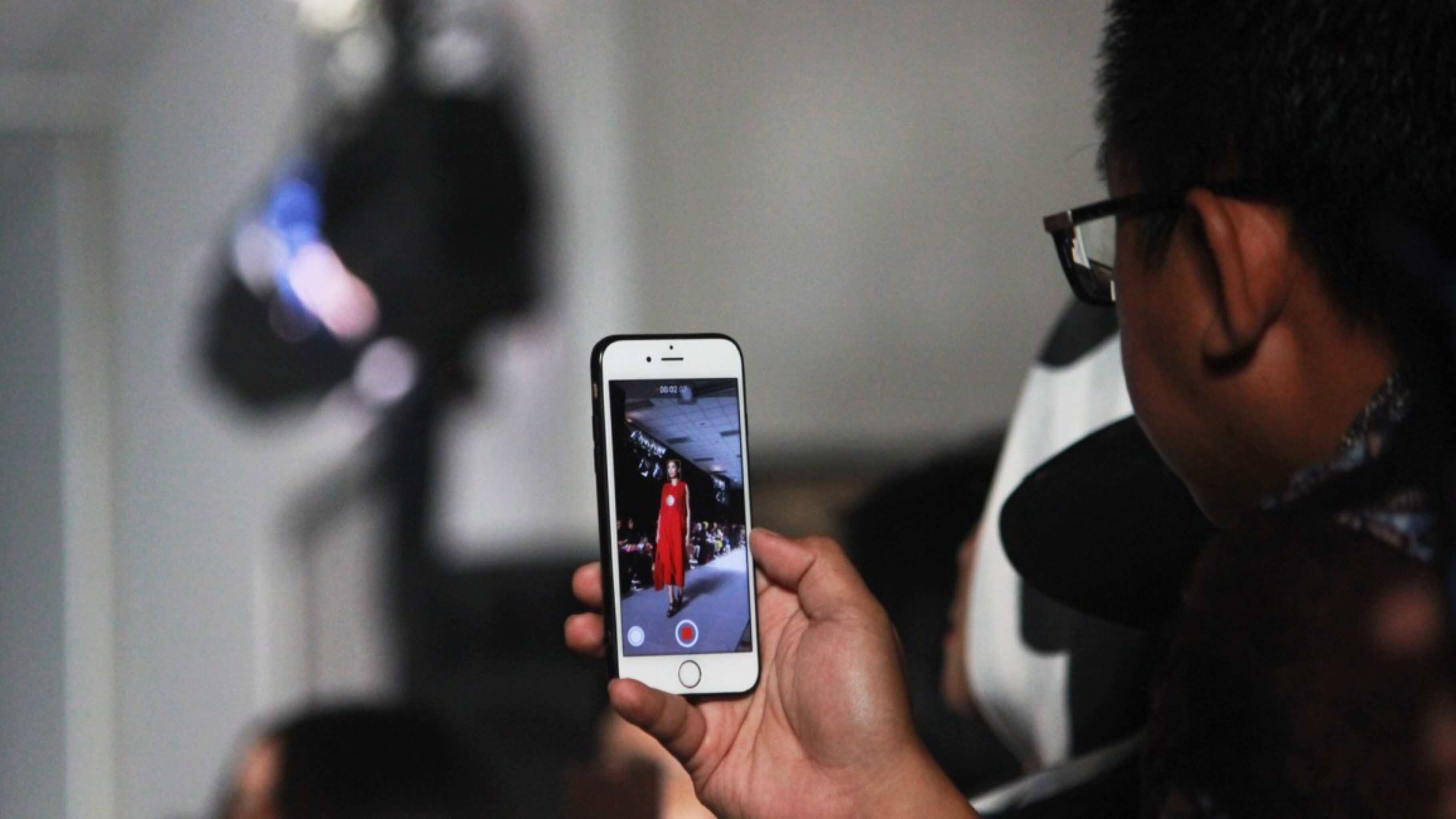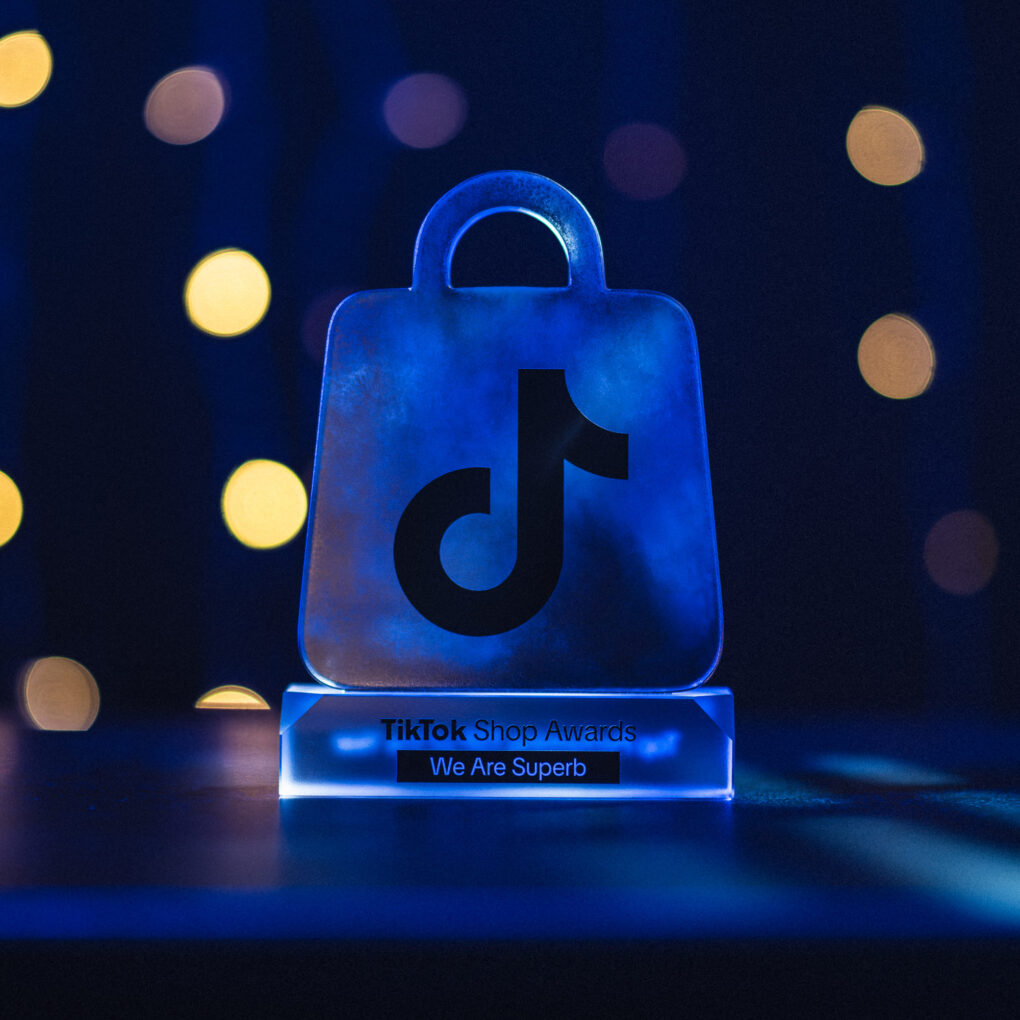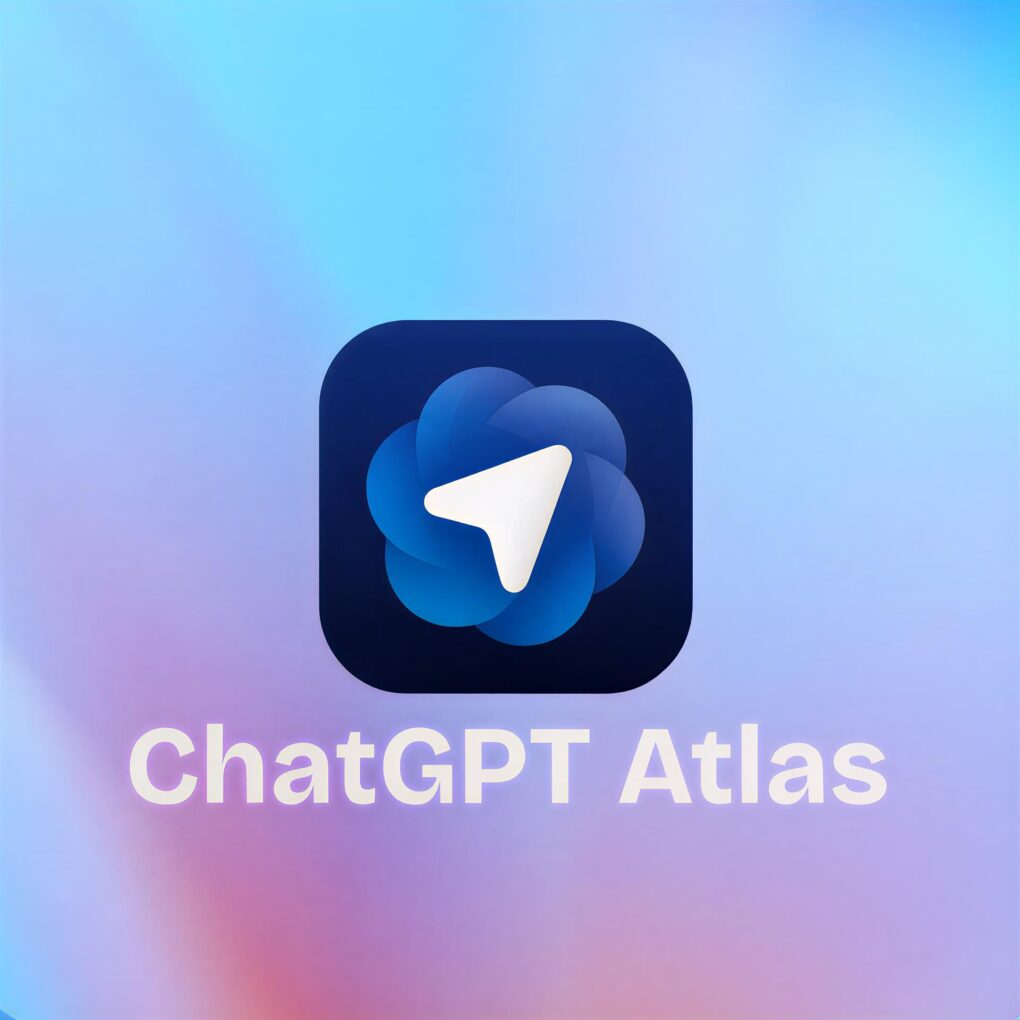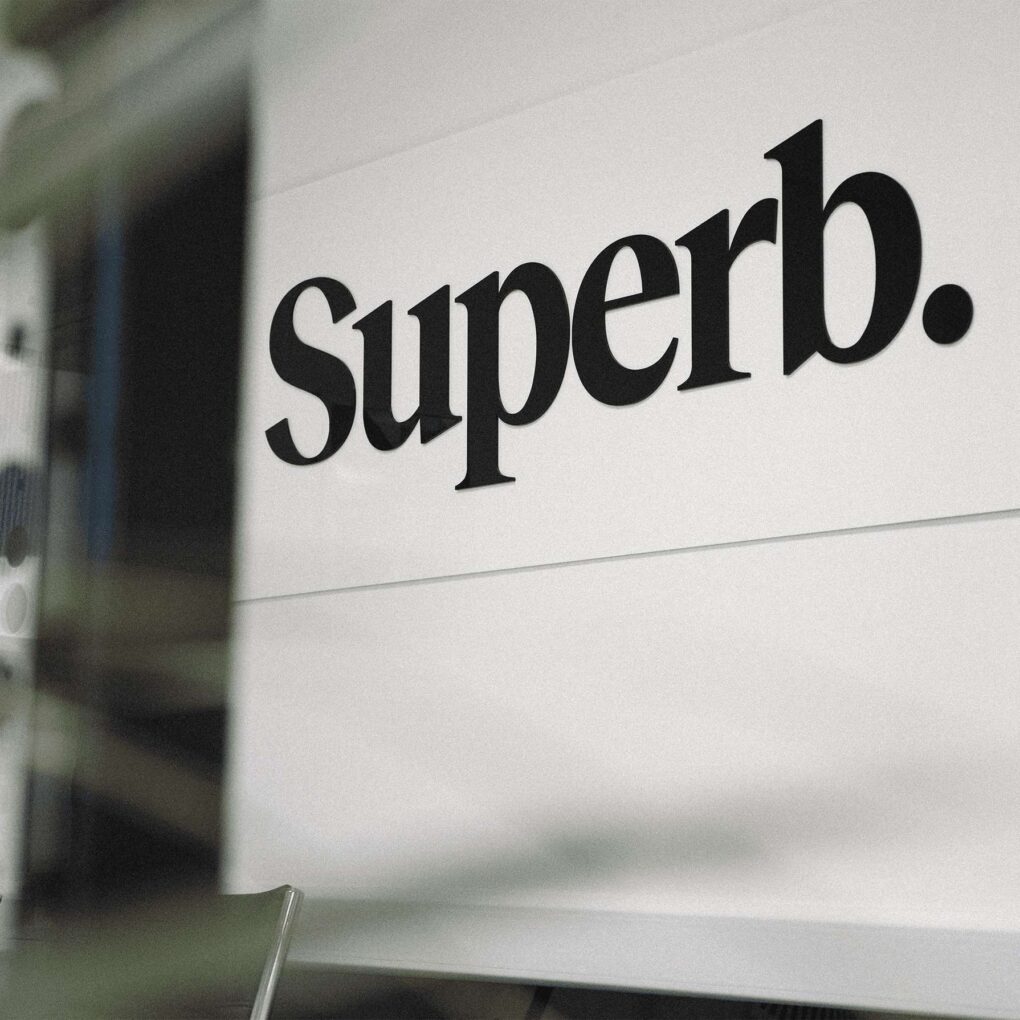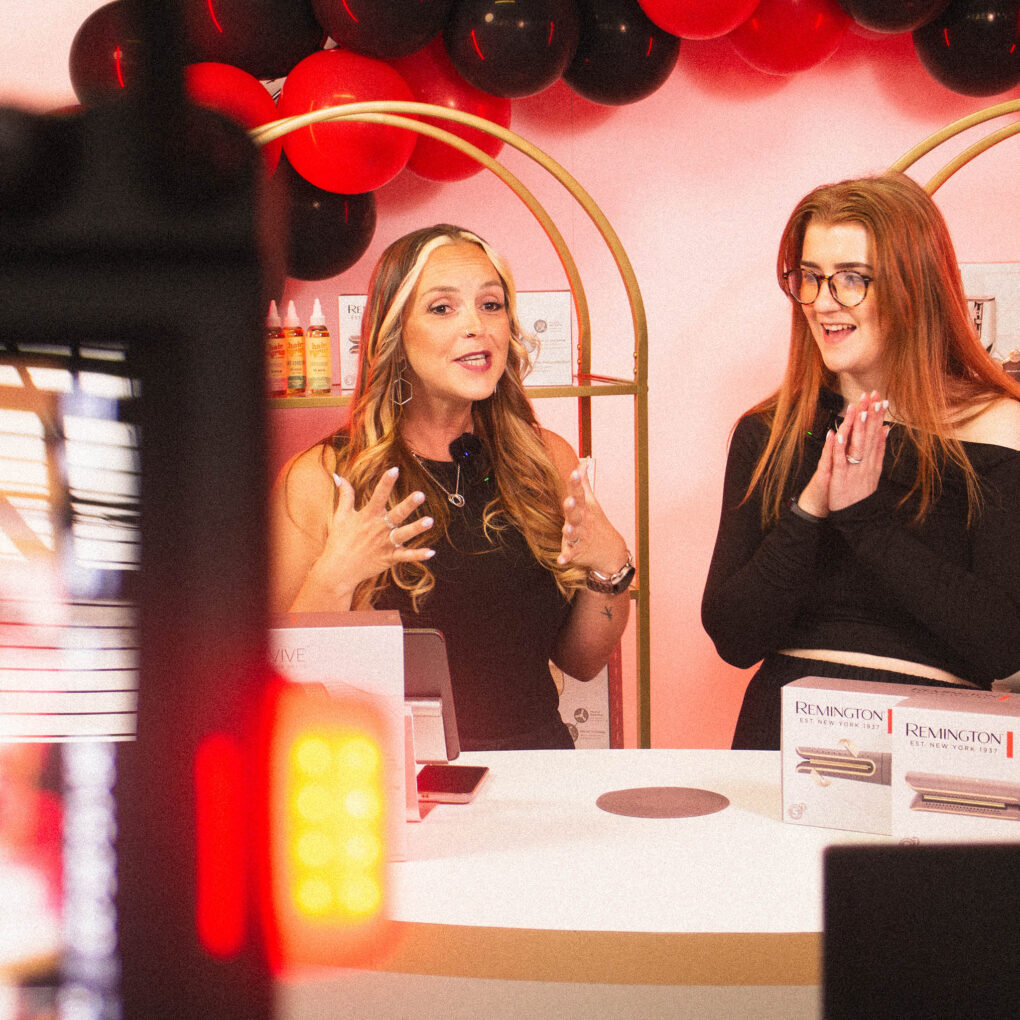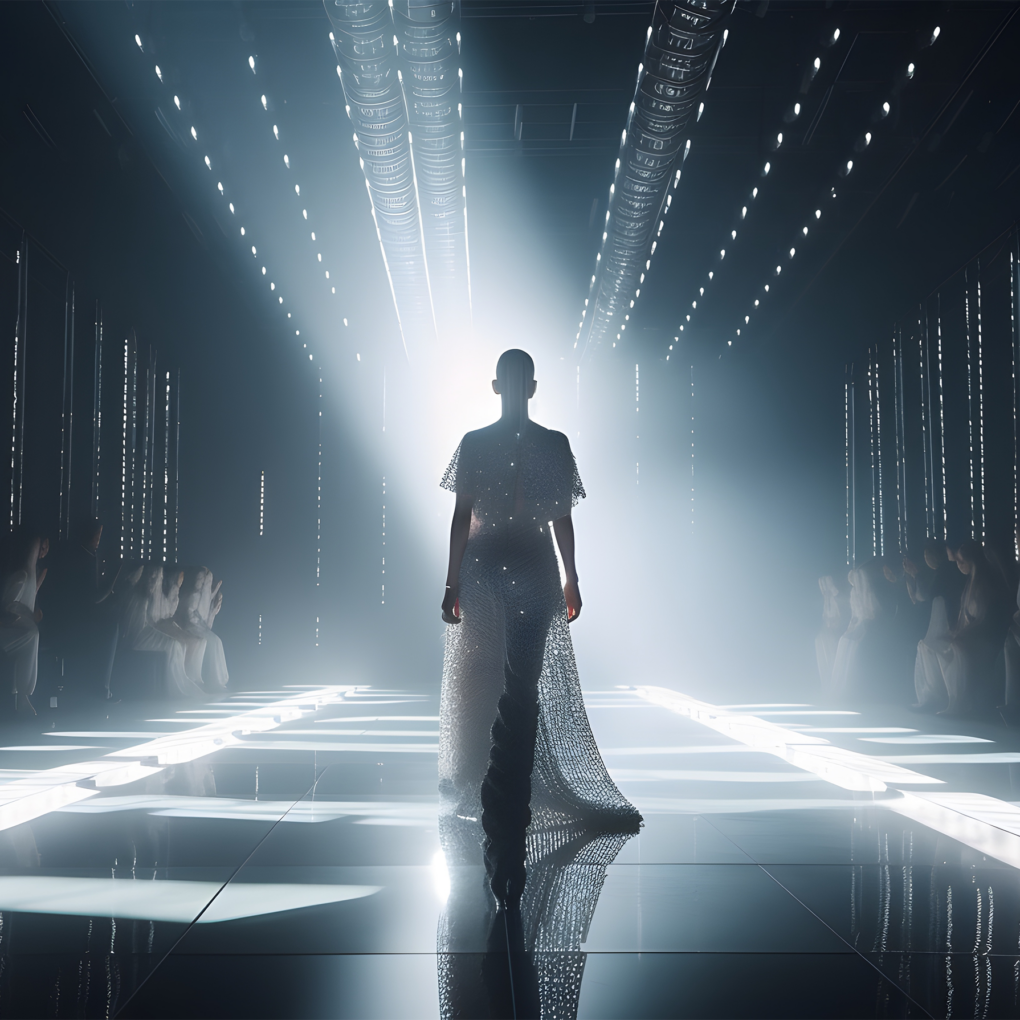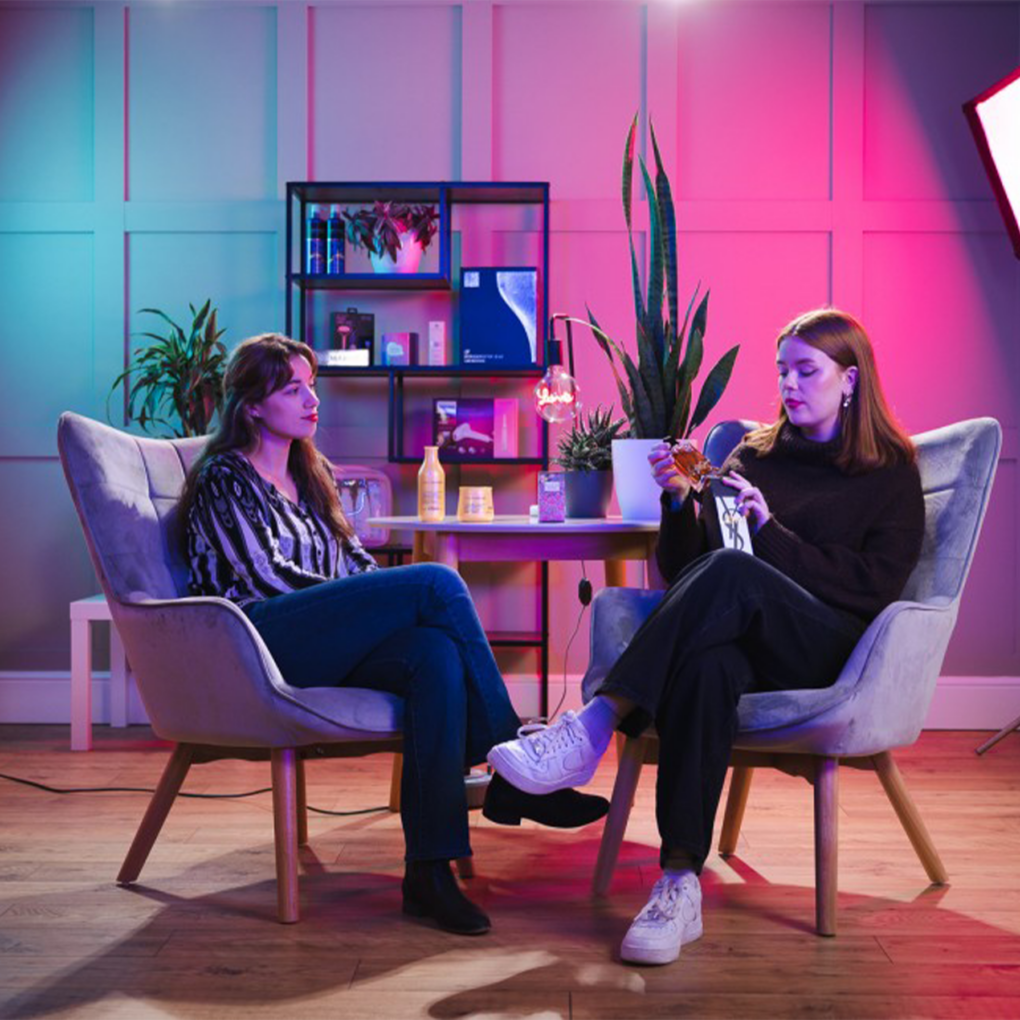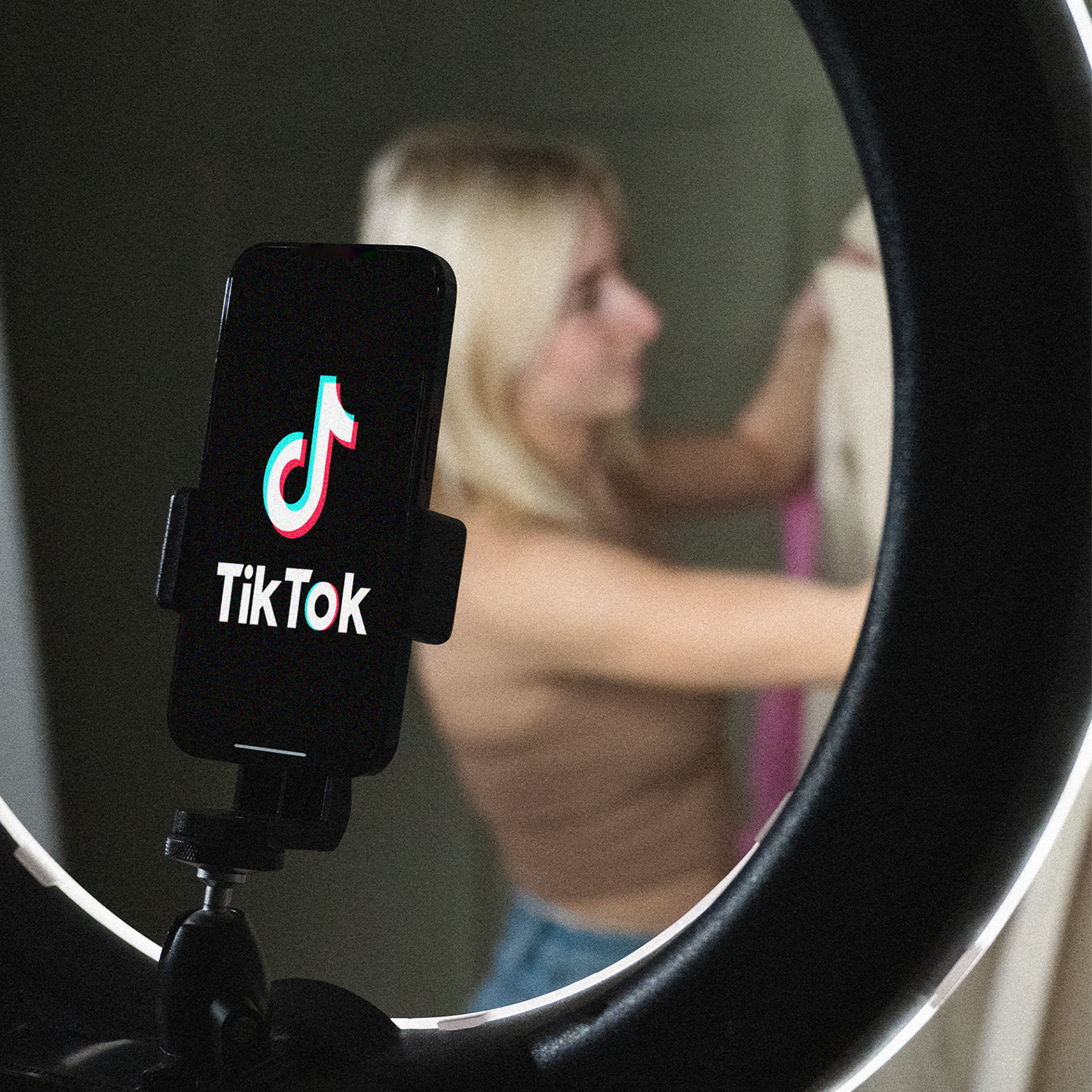Here we are again, brand new year, brand new fashion week! Things are kicking off in London, where the most prestigious and up-and-coming designers showcase new trends for this year. But how many of the high-street fashion retailers and eCommerce giants will follow the London Fashion Week footsteps? And what impact does fashion week have on these companies?
In recent years, high-fashion retailers and fashion week brands are partnering and collaborating. For example, Debenhams X Richard Quinn, H&M X Versace, and even branching out into the tech industry like Hermés X Apple. Other eCommerce giants like Amazon and fashion retailer Topshop, are using immersive technologies to make their fashion more accessible.
LFW decided to live-stream their catwalk shows for the first time in 2010. Soon after, Topshop invited shoppers to their store to watch its runway shows using VR (virtual reality) technology. In 2017, Amazon collaborated with fashion brand Nicopanda (founded by Diesel’s former creative director Nicola Formichetti) to offer a “fast-fashion” service to customers in London: a one-hour delivery on all items that appeared at LFW.
From an interview in the Retail Gazette, Cyrine Allani Joaristi founder of Nothing-to-Wear said, “some stores profits increasing by 24% during September 2018 Fashion Week”. The British Fashion Council published interesting statistics regarding the growth of the fashion industry in the UK:
- The womenswear clothing market is forecasted to grow by 14% between 2018 and 2022 to reach £33.5 billion
- Instagram stories on the official London Fashion Week account received 871,648 views in total
- The official LFW Instagram gained an additional 16,105 followers, increasing the account’s following to 160,328 with a total of 73 posts and 79,915 likes.
It looks like 2020 might be a year for significant growth in revenue in the fashion industry, and the increase of collaborations between high-fashion and eCommerce brands and technology.
Email marketing but make it fashion
It seems like eCommerce marketers and retailers are taking fashion week by storm, with most already marketing the event to their advantage. Whether it is from partnerships directly with LFW or using the event to offer online discounts and fast delivery. We found four inspiring examples:
As mentioned earlier, Topshop is already pretty involved with LFW, previously when they streamed their catwalk show using VR technology, at their London store. But it seems they are also on top of their email marketing game. For the 2017 fashion week show, they released an interactive email marketing campaign, whereby it brought users to a landing page filled with fashion week content, along with a discount code and express delivery option in their email.
The brand was the official partner of the 2017 edition of LFW. They also sent out an email marketing campaign consisting of several emails: the first email allowed subscribers to “save the date” and invited customers to their exclusive in-store event. The second email highlighted the sense of exclusivity, even more, when customers had access to a behind-the-scenes look at fashion week.
Not mentioned as an official partner of LFW, they still wanted to be associated with the event and create hype for their subscribers. They launched a “count-down” email marketing campaign that showed their customers how many more days until fashion week. They also added a “style-must haves” section on their website, to share with customers the main trends to keep up with the fashion week looks!
Matches Fashion
The London based luxury retailer went all out with their email marketing for the event. They sent out a five-step guide for fashion month (focusing on not only London but all the other “big four” NY, Milan and Paris) The guide focused on genuinely useful advice for fashion month and of course fashion and trend advice.
There is no doubt that Topshop, New Look, Forever21 and Matches Fashion have been using London Fashion Week to increase their sales and differentiate themselves from their eCommerce competitors, mostly using email marketing which directed customers to their online stores.
Forecasting the next trend
In December 2019, Elle UK published “7 Fashion trends that will be big in 2020” and 86% of these high-fashion predictions included online retailers such as Topshop, Glamorous, Uniqlo, Asos, Eastpak, Valet, My Accessories, Bershka, Pieces and True Decadence. The piece also linked each brand with their respective website, providing them with even more exposure and the possibility to increase website traffic and sales.
Apart from this, well-known brands like Primark and Missguided are considered industry leaders in mass-producing “look-a-like” products that can be purchased at lower prices. Two famous examples are the Balenciaga’s Sock Boot that Primark sold for £14 (original price: £500) or the Valentino’s Rockstud Pump Heel sold by Missguided for £25 (original price of £650).
However, while some of these brands are experiencing massive growth such as Asos (up to £316.2 million from 2018 to 2019), Primark (a steady increase of 7.79 billion pounds since last year), and New Look (sales increased by £1.2 billion since 2018), others aren’t. Topshop (a previous LFW official partner) and Forever21 are suffering massive losses, and both might be declaring bankruptcy by the end of the year.
Facing this scenario, the question of how fashion is evolving and how is impacting the eCommerce world is more relevant than ever. Is predicting trends and copying the high-fashion moguls such a good idea after all? Will brands be able to keep up with fashion and technological trends? We’ll see.
––
Aleksandra Michniewicz specializes in content for a variety of industries like tech, lifestyle, fashion and finance.
